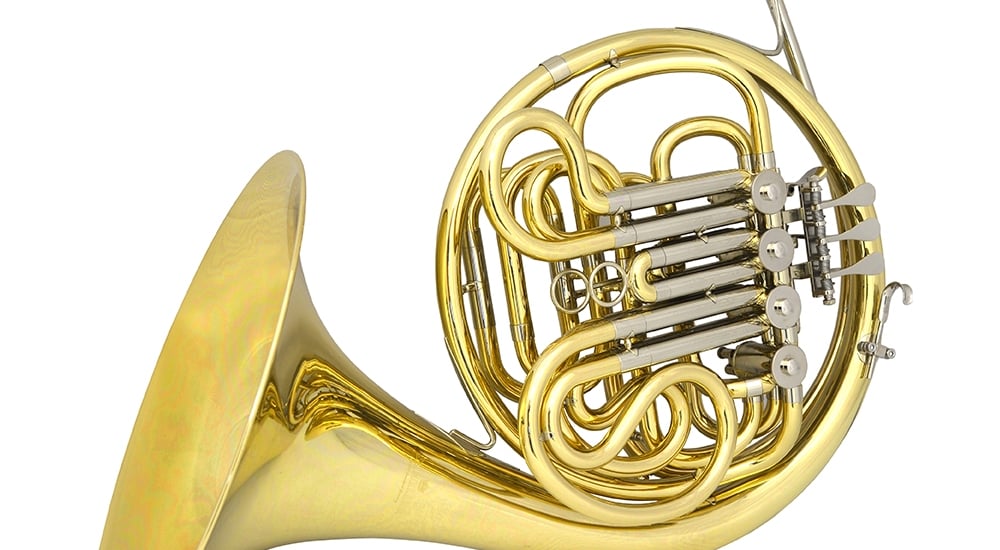Playing Solo and Beyond: What French Horn Teaches Me About Leadership
Blog post description.
3/7/20242 min read


The French horn, an indispensable instrument of the orchestra crafted from gleaming brass, possesses a remarkable ability. It can seamlessly blend and enhance the sound of both the woodwind family (flute, oboe, clarinet, and bassoon) and its brass counterparts (trumpet, trombone, and tuba). This unique versatility is what truly sets it apart.
As a facilitator and musician, I am constantly in awe of the French horn's adaptability. This brass instrument can produce a mellow, soft sound that blends beautifully with woodwinds, and sometimes becomes almost undetectable. Yet, when the moment calls for it, the French horn can also unleash a bold, dynamic solo voice that commands attention and authority. This ability to adapt its sound exemplifies a crucial leadership lesson. Leadership isn't always about being in the spotlight, taking sole responsibility for leading people somewhere. It is equally important to collaborate effectively with other leaders. My mentor, Lee Mun Wah, once said that when people ask what his definition of leadership is, he answers, it is a "ship of leaders."
The French Horn's Lesson for Allies
This remarkable characteristic of the French horn offers a valuable lesson for those who want to be allies. Just like the French horn, there are times when the most supportive action is to take a backseat and allow your marginalized colleagues to lead the conversation. However, there might also be situations where you need to use your voice and influence to address biases or unfair treatment directed at marginalized colleagues. This ensures that they don't have to face these discriminatory incidents alone. Remember, being a supportive ally can take many forms; it doesn't have to be a grand gesture.
Simple Acts of Allyship
Simple acts, like taking the time to check in on each other, can be just as powerful. Remember how you naturally check in with someone you love because they matter to you or when you actively, intentionally nurture a relationship because you know it is important? This same principle applies with your underrepresented colleagues, too. When you pass each other in the hallway, take a moment for eye contact or another form of acknowledgment. These small gestures are mighty and meaningful. It is the first step that everyone can do to build relationships that allow all of us to thrive.
Contacts
yili@yiligodfrey.com
646-703-1510